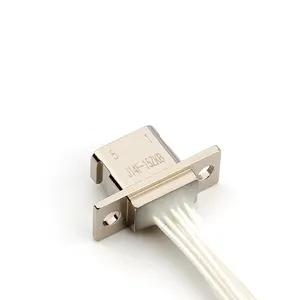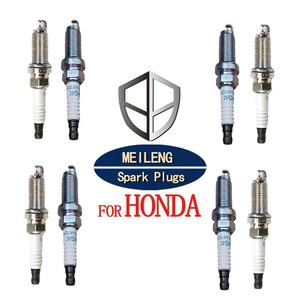Understanding Car Plugs: A Comprehensive Guide
Car plugs, essential components in vehicle ignition systems, serve as a bridge for electrical currents to ignite the fuel-air mixture within an engine's combustion chamber. The functionality of car plugs, commonly known as spark plugs in gasoline engines, is pivotal for engine start-up and overall performance. In contrast, diesel engines utilize diesel glow plugs to facilitate ignition under cold conditions.
Types and Applications of Car Plugs
There are various types of car plugs tailored to different engine designs and requirements. For instance, plug in hybrid vehicles, including models like the Toyota Prius plug in hybrid and the BMW 330e, rely on specifically designed spark plugs that can withstand the unique demands of a hybrid powertrain. Similarly, plug in hybrid SUVs such as the Mitsubishi PHEV Outlander and Volvo hybrid models require robust plugs that ensure optimal performance across both electric and combustion engine operations.
Features and Materials
Car plugs are composed of a central electrode encased by a durable insulator and an outer electrode located at the base. Materials used in their construction, such as iridium or platinum, are selected for their ability to endure extreme temperatures and pressures within the engine. The design of a car plug, including the gap between electrodes, is critical for its function and varies across different engine types, from the Volkswagen Golf GTE to the Honda Clarity.
Advantages of Regular Maintenance
Maintaining car plugs is crucial for engine health. Over time, plugs can accumulate deposits, leading to issues such as misfires or reduced fuel efficiency. Regular inspection and replacement when necessary ensure that vehicles, including advanced models like the Prius PHV or the Passat GTE, maintain their designed performance and emission standards.
Choosing the Right Car Plug
Selecting the correct car plug requires understanding the specifications of the existing plugs in your vehicle. This is particularly important for specialized vehicles such as plug in SUVs and hybrid plug in SUVs, where the correct plug directly impacts the synergy between the electric motor and the combustion engine. Compatibility with the vehicle's make and model, along with the engine's requirements, is paramount for optimal vehicle operation.
Conclusion
Car plugs are a small yet essential component of a vehicle's engine, with a direct impact on performance and efficiency. Whether for a conventional gasoline engine, a diesel engine, or advanced plug in hybrid systems, choosing the right car plug is essential for maintaining your vehicle's performance. Understanding the types, applications, and maintenance of car plugs can lead to informed decisions, ensuring the longevity and reliability of your vehicle.












































 浙公网安备 33010002000092号
浙公网安备 33010002000092号 浙B2-20120091-4
浙B2-20120091-4